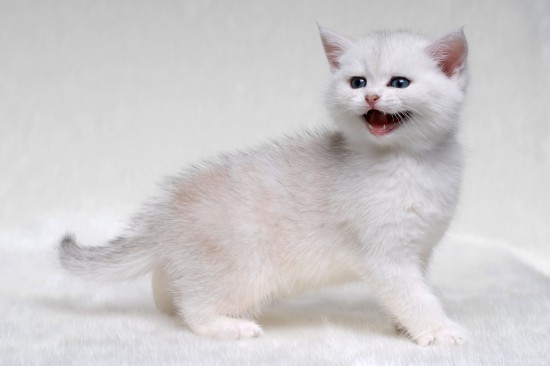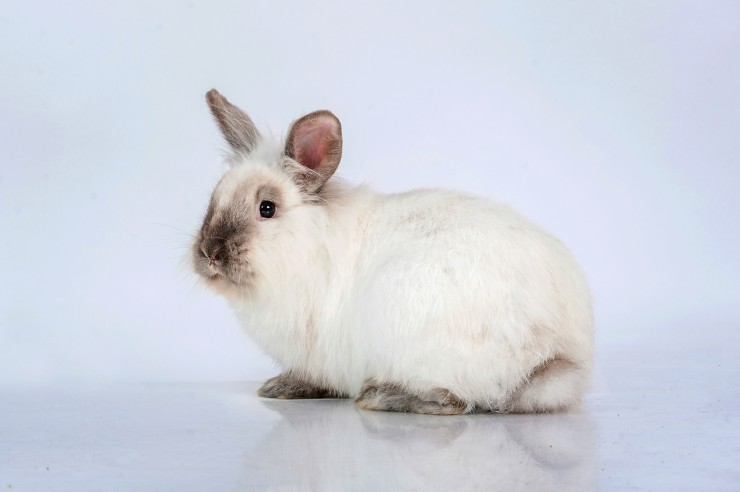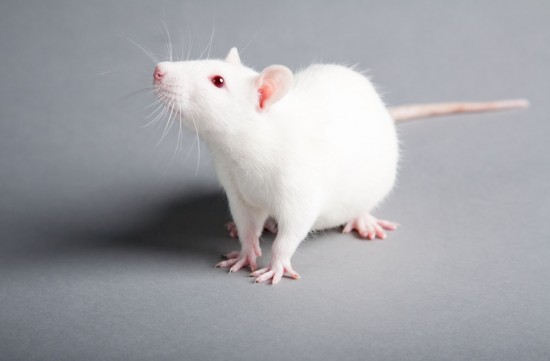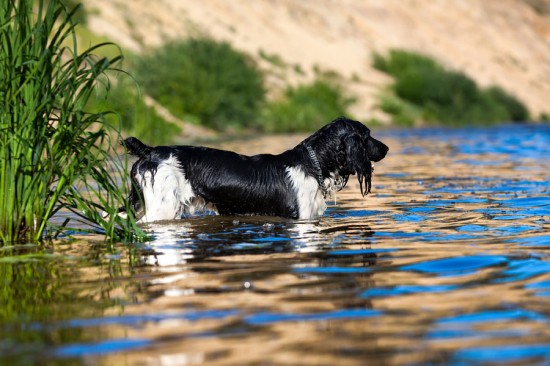
The trouble with keeping Koi is that it’s one of those hobbies where you need to know everything about it before you begin doing anything.
This is because the consequences of making a mistake, one that is fundamental, right in the beginning are considerably more onerous than with many other hobbies. If your pond for example, is badly built and develops a leak, say after a year, it will cost you substantial money and effort to resolve the problem. Not to mention the strain your Koi will take during the process!
Do not jump in and build your pond until you are intimately familiar with the following terms:
Notice that I said you! Not your dealer and not your pond builder. You and only you! You are the one who has to live with the results. Your dealer will sell you more kit, your pond builder will build you another pond but the success of your pond rests with you! References to other systems that the dealer has sold, or other ponds and filtration systems that the pond builder has built count for very little. Plenty of people before you have bought the wrong thing – that doesn’t mean that you should too! The Koi keeper in each of these ‘references’ is the ultimate determination of success or failure and this can only be measured in years or better, decades.
I will cover these issues in upcoming articles. Once you understand all this, you will be far better equipped to tackle Koi keeping. In the worst case scenario you may decide to settle for a small aquarium, but rather that than end up with a disaster and poorer in both spirit and pocket.
The principle of avoiding fundamental mistakes applies equally with filtration systems. As a Koi keeper you are bound to make mistakes but don’t make the expensive ones that are the toughest to cure. Seek advice and search for facts. Koi keeping is not about smoke, mirrors and snake oil. It is in fact a highly scientific hobby which means that it is in fact easy to establish whether you are being led by the nose or not. Facts are either scientifically provable or they’re not. Getting to the facts can sometimes be a challenge on its own! Try a sand filter salesman to see what I mean.
The real crunch in the hobby though is that Koi are tough fish. If Koi were as flimsy as say an exotic species like Discus, which require highly specific water conditions, it is doubtful that the hobby would ever have taken off. It takes a lot to kill off a Koi and a less than adequate filtration system may only strike in years to come, when something completely unrelated sets off a chain of events that culminates in weakened Koi that are then simply wiped out by the inadequate filtration system.
The poor Koi keeper is left wondering what happened. He then proceeds the way of many before him, with a shovel, lots of sand and a determination to fill in what was once a treasured feature of his garden, his Koi pond.
I am not a Koi pond builder or construction expert. I do however know what is needed in a Koi pond and would suggest that if you are serious about keeping Koi your pond has to be at least 10 000l. Smaller than that please consider keeping goldfish if you don’t want to regularly bury Koi. Koi grow too big to be kept confined in smaller environments than 10 000l.
As with all things Koi, bigger is better. Size counts for everything, even with the Koi themselves. Bear this in mind when it comes to selecting your filtration equipment. If you do your homework into the hobby and you do things properly the first time, your Koi will live and prosper and they will grow. This increase in growth places an increased demand on your filtration system. It sounds obvious, but a 40cm Koi 665 grams on average is very different from a 90cm Koi that can weigh 8448 grams on average. That’s twelve times the weight of Koi and twelve times more filtration load!
It still amazes me that people still buy bio filters that are ‘rated to treat XXX l of pond water’! Such a rating is completely and utterly meaningless. My biggest problem with it is that it is deliberately misleading to the detriment of the purchaser. What if there is only one single fish in this pond? What if there are a hundred? What if these fish are all 10 kg or heavier? What if they’re Koi and not goldfish?
The only meaningful rating is one which indicates how many kilograms of Koi fish weight the bio filter is capable of handling, and at what speed (rate) the bio filter is able to breakdown wastes. It’s no good if the bio filter takes three days to remove the wastes produced by Koi – no Koi would be very happy at only being fed once every three days! Remember too that Koi on a weight for weight basis produce about twice as much filtration load as goldfish do – Koi are not known as the ‘pigs of dams and rivers’ without good reason!
My advice is that any bio filter offering a rating based on pond volume is seriously flawed. Stay away. The designers of these so called bio filters have made a guess as to how many fish would be living in such and such a pond volume, and worse, they’ve guessed how big these fish are. Even worse, if they have made all these guesses, do they in fact know how many milligrams of ammonia the filter is capable of removing per hour at a specified flow rate and under what conditions? My guess is that they have no idea. In modern Koi keeping, this is nothing short of genocide. The one thing that I can promise you is that once your fish load exceeds these guesses, the only certainty is that your local Koi graveyard is going to be doing a lot more business!
There is no substitute for homework when it comes to Koi keeping. It’s a lot of fun and tremendously rewarding to see the results in action. Don’t be put off, the processes are not that complicated to understand. All it takes is time. Don’t be afraid to ask questions and get second opinions.
Do your homework and be rewarded. Fail to do it, and be condemned!
William Kelly
William Kelly is a Koi hobbyist dragged into the business kicking and screaming. He runs http://www.happykoi.co.za/article.htm as a koi keeping information website hopefully that helps with a deeper understanding of what it takes to keep Koi happy and healthy.
 How To Ensure A Kitten Grows Up To Be A Confident Feline
How To Ensure A K
How To Ensure A Kitten Grows Up To Be A Confident Feline
How To Ensure A K
 10 Great Tricks Your Kids Can Teach A Family Dog
10 Great Tricks Y
10 Great Tricks Your Kids Can Teach A Family Dog
10 Great Tricks Y
 How To Help Your Pet Rabbit Get Fit And Active
How To Help Your
How To Help Your Pet Rabbit Get Fit And Active
How To Help Your
 5 Reasons Why Rats Make Lovely Pets
5 Reasons Why Rat
5 Reasons Why Rats Make Lovely Pets
5 Reasons Why Rat
 Can Your Dog Swim? Why Some Dog Breeds Cant Swim
Can Your Dog Swim
Can Your Dog Swim? Why Some Dog Breeds Cant Swim
Can Your Dog Swim
Copyright © 2005-2016 Pet Information All Rights Reserved
Contact us: www162date@outlook.com